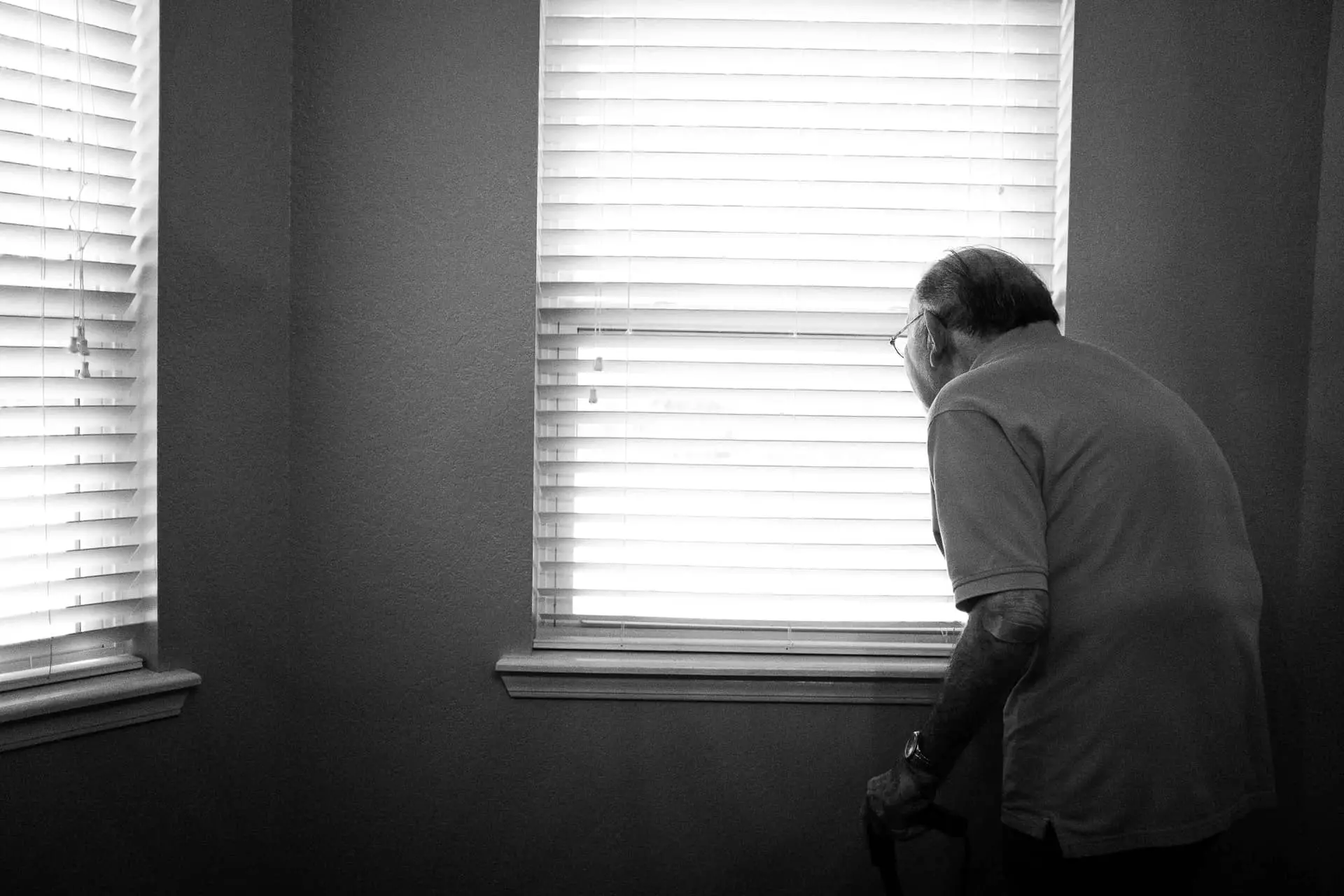Many rural Isle of Wight households which rely on oil, bottled gas, coal and wood to heat and cook are facing rapidly rising bills, made worse due to the Russian war against Ukraine.
Those alternative fuel sources are not covered by Ofgem’s increased price gap and can be more expensive than mains supply.
Call to support off-grid households
There are calls on the government to help 14 per cent of UK households who are “off-grid”, without access to mains gas, which is generally the cheapest form of heating.
Many prices doubled in last year
Domestic oil prices have more than doubled in price per litre compared to this time last year. The wholesale price of Liquid Petroleum Gas (LPG) has also doubled and these costs are being passed onto bottled gas customers too.
40 per cent of IW households without mains gas
On the Island some 40 per cent of households are without mains gas, 1,900 of which use oil to heat their homes.
Around 13,000 of Island homes have an energy performance rating of E or worse. A being the highest rating and G being the lowest.
Fuel poverty affects 10-14 per cent of homes
Fuel poverty affects between 10-14 per cent of homes on the Isle of Wight, higher in some rural areas, notably South Wight with old poorly insulated housing stock alongside expensive fuels.
The UK has some of the oldest housing stock in Europe, which is often a challenge to bring up to date, in relation to energy efficiency.
Rural coastal poverty
The Institute for Fiscal Studies (2020) highlighted the issue of rural coastal poverty in their report, identifying the Isle of Wight and Torbay as two of the areas to be economically hit the hardest, post-Covid.
This was without any reference to the unpredictable energy price increases, which have added to the financial burden of low-income households.
The Isle of Wight Footprint Trust is the lead charity on the Island which tackles fuel poverty, through practical help and guidance to residents.
Harrington-Vail: Those heating using oil and LPG have been completely forgotten about
Their General Manager, Ray Harrington-Vail, said,
“The government have not really addressed the whole issue of rising domestic fuel prices and inflation and its effect on the rural population. The fuel loan of £200 will not help, as those without any spare money will have to pay it back. Those heating using oil and LPG have been completely forgotten about.
“In the long term oil and LPG will not be available as they are from finite resources. Our energy will come from green electricity….however in the short-term we must address the issue of increased fuel poverty. “
Need to better insulate homes
He went on to say,
“We have to insulate homes and provide financial assistance to the most economically vulnerable. We suggest increasing the Warm Home Discount to at least £300, and for the government to listen to experts in our field.”
Provided £24,000 worth of aid to low income households
Ray finished by saying,
“Those on low incomes and meagre pensions are also at the forefront of suffering due to inflation at around 5 per cent.
“Last year The Trust helped over 2,000 people struggling with utility bills, and provided £24,000 worth of aid to low income households on the Isle of Wight.
“We expect this coming year will be a similar picture.”
Residents on the Isle of Wight can call the Trust’s helpline on 01983 822282
News shared by Ray on behalf of Footprint Trust. Ed





